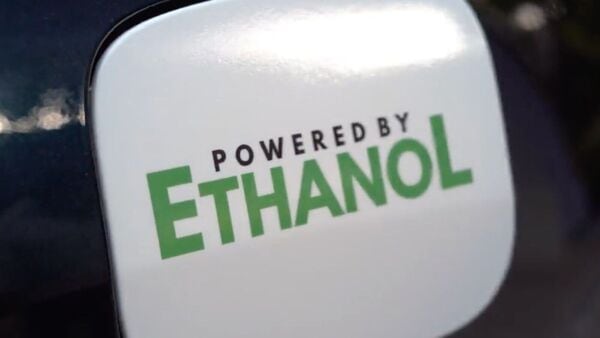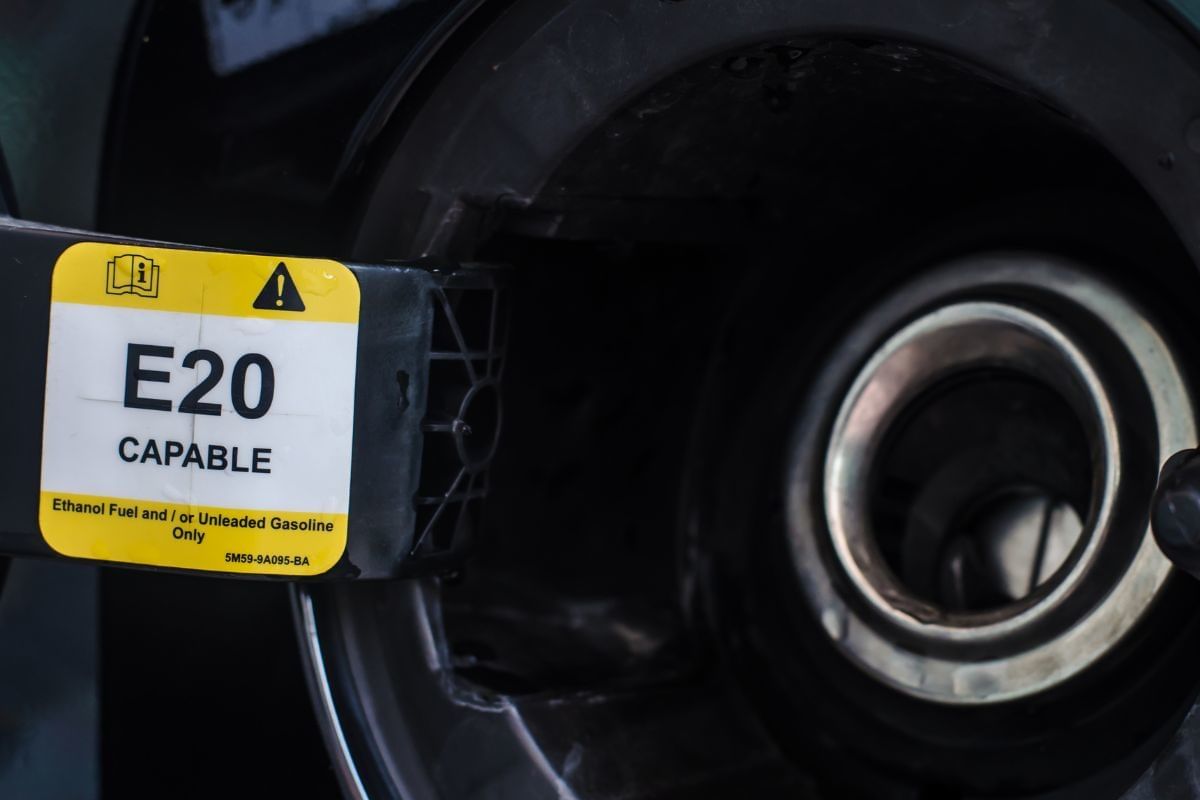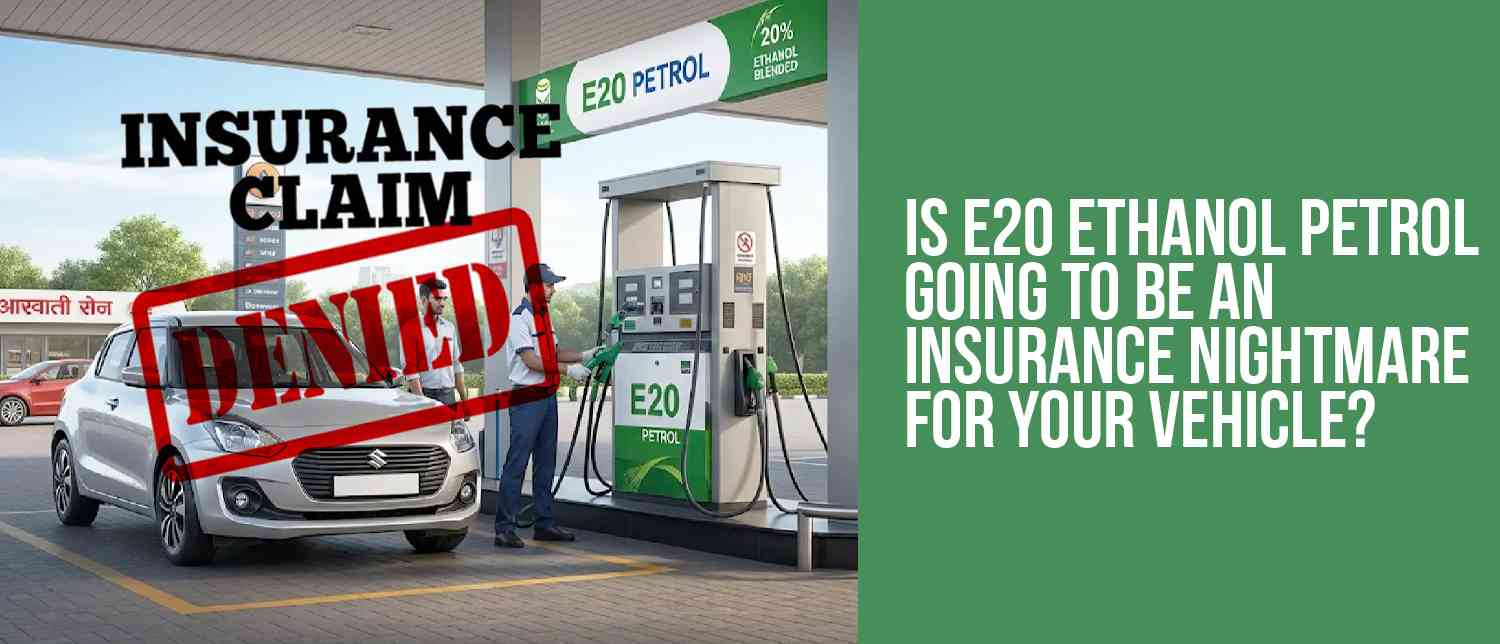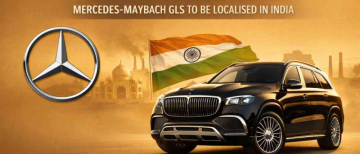Can Insurance Companies deny your Insurance Claim if E20 Ethanol Blend Petrol Fuel damages your car?
With the government’s increasing emphasis on adopting E20 fuel across the country, many car owners are left uncertain about how it will affect their vehicles and wallets. E20 is a blend consisting of 80 per cent petrol and 20 per cent ethanol. For cars and SUVs specifically designed to handle this mixture, there is no problem. However, prolonged use in older or non-compliant models could result in significant engine damage and, crucially, your motor insurance policy might not come to your rescue.

Why the Engine Matters - and Why E20 Could Put It at Risk
The engine is not only the most important part of your vehicle but also one of the most expensive to repair or replace. Even moderate damage can attract repair bills running into the tens of thousands of rupees, not to mention the inconvenience of having your car off the road for weeks.
For those who like to err on the side of caution, many insurers offer an Engine Protection Plus add-on. This optional cover safeguards your engine, differential, and transmission against specific threats such as hydrostatic lock and damage from oil leakage. In some cases, it may also cover the cost of consumables like engine oil - although that depends on the insurer’s terms. Hydrostatic lock, for the uninitiated, occurs when water enters the engine cylinders and prevents the pistons from moving. Because water cannot be compressed, the piston seizes almost immediately after ingress, often resulting in catastrophic mechanical failure.

E20 vs E10 Cars - Where the Trouble Lies
The real complications arise when using E20 fuel in vehicles designed only for E10 (10 per cent ethanol, 90 per cent petrol) or pure petrol. Over time, the higher ethanol content in E20 can attract atmospheric moisture, which is particularly damaging if the vehicle is not used daily. Moisture, in turn, can corrode metal components within the engine, leading to long-term wear and costly repairs.
But metal corrosion is not the only concern. Rubber components are especially vulnerable to ethanol. Depending on the grade and quality of the rubber, ethanol can cause it to soften, swell, harden, or become brittle. In practice, this means parts such as fuel lines could fail prematurely. Cars built to E10 standards, and especially older models are most at risk.

Why E20-Compliant Cars Are Safer
By contrast, modern E20-ready cars have been engineered to cope with the increased ethanol content. Manufacturers use fuel lines, tanks, and injectors coated with ethanol-tolerant materials, and the E20 fuel sold today contains corrosion inhibitors to further protect against damage. In these newer models, the only real maintenance adjustment is periodic replacement of certain rubber gaskets or hoses - a relatively inexpensive job.

When Insurance Might Leave You Stranded
Consider this scenario: you own a non-E20-compliant car. One day, the engine suffers a failure due to oil leakage. Under normal circumstances, your Engine Protection Plus cover would apply. However, if the insurer can argue that the true cause of failure was prolonged use of E20 fuel — rather than the oil leak itself - your claim could be rejected outright. And here’s the catch: ethanol-blended fuel behaves differently from pure petrol in combustion.

How E20 Can Damage an Unsupported Engine
Ethanol requires a different air-fuel ratio for proper combustion. In engines not calibrated for it, running E20 can make the mixture run “too lean”, meaning more air and less fuel than optimal. This can lead to higher combustion temperatures, causing overheating. Overheating is more than just a performance issue. It can warp or damage the head gasket, cause premature wear to pistons and cylinders, and in extreme cases, lead to complete engine failure. In older engines, ethanol can also degrade seals and hoses, allowing further leakage and compounding the risk. Given that many insurers are extremely adept at identifying technical loopholes to avoid paying claims, a rejected claim in this scenario is entirely plausible — and for the owner, financially devastating.

Looking Ahead: The Looming E27 Challenge
While the shift to E20 is still in progress, government plans already point towards an E27 blend (73 per cent petrol, 27 per cent ethanol) in the coming years. This next stage will likely exacerbate the risks faced by owners of older or only partially compliant vehicles.
With ethanol content rising further:
- Moisture absorption will increase, leading to even faster corrosion of unprotected metal components.
- Rubber and plastic parts in non-upgraded engines will degrade at an accelerated rate, potentially causing fuel leaks and safety hazards.
- Engines not recalibrated for E27 may suffer more pronounced lean-burn conditions, resulting in severe overheating and increased wear on valves, pistons, and cylinder heads.
- The octane rating and combustion properties of E27 differ more sharply from pure petrol, which could cause misfiring or incomplete combustion in unsupported engines.
While E20-compliant vehicles will fare better than older models, even some of these may require additional upgrades or part replacements to operate safely on E27. The jump from 20 per cent to 27 per cent ethanol is not insignificant — it represents a roughly 35 per cent increase in ethanol content compared with E20, and any incompatibility issues will intensify accordingly.

The Bottom Line
E20 fuel is already reshaping the motoring landscape, and E27 will amplify both the environmental benefits and the technical challenges. For owners of older or incompatible vehicles, the safest course is:
- Confirm your vehicle’s ethanol compatibility with the manufacturer.
- Avoid higher ethanol blends until your vehicle is certified for them.
- Review your insurance cover carefully, particularly any exclusions related to fuel type.
Because when E27 arrives, the financial and mechanical consequences of ignoring compatibility could be far worse than what we are seeing with E20 today.
With inputs from agencies
Image Source: Multiple agencies
© Copyright 2025. All Rights Reserved. Powered by Vygr Media.
























